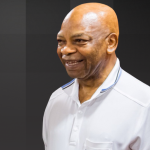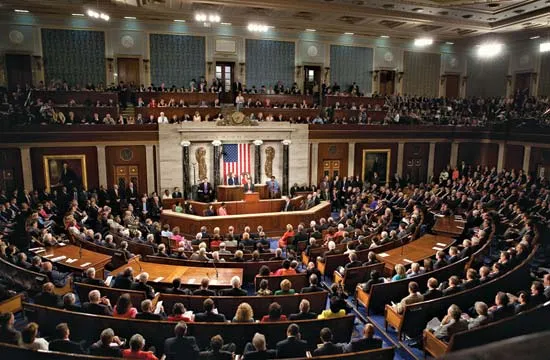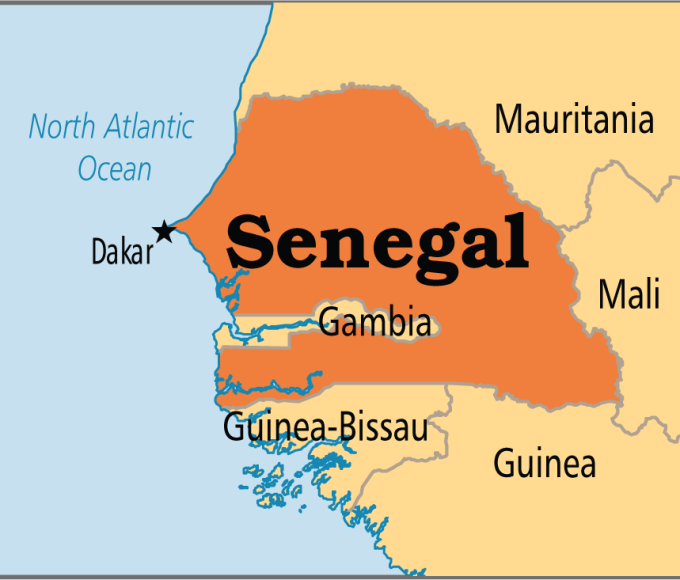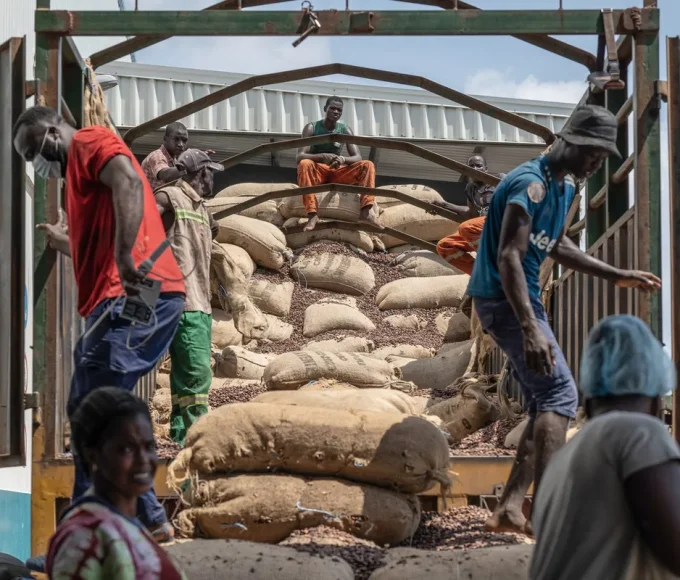
Ruto Regime Deploys AI-Generated Music To Pacify #RutoMustGo Protesters
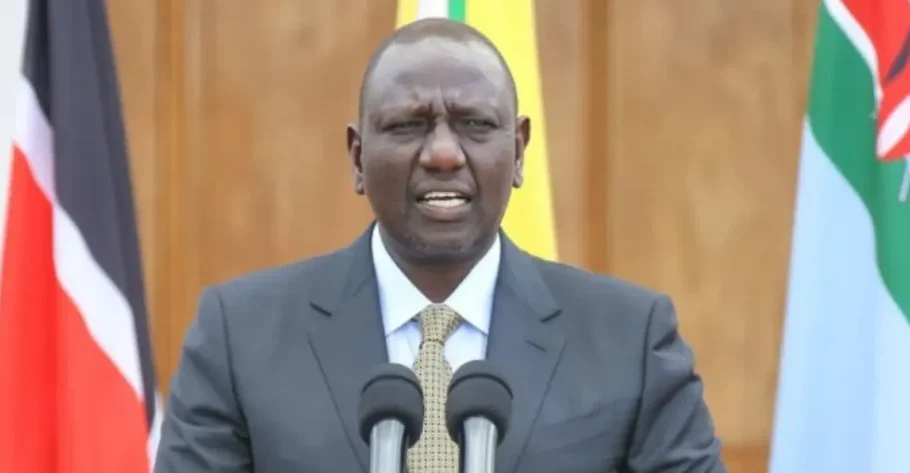
In a desperate attempt to dislodge #RutoMustGo protesters from the streets and save his embattled regime, Kenya’s William Ruto has launched a dystopian narrative offensive across social media and television using AI-generated Kiswahili language songs infused with propaganda messages simultaneously demonising protesters and begging them to “dialogue.”
One of the accounts involved in disseminating the propaganda material was discovered when it commented under West Africa Weekly’s video collage of the ongoing demonstrations on Wednesday, June 26, 2024.
The pro-government account @MteteziPato, which joined X on March 2024, responded, “Revolution has never solved any problem on the planet. In fact, it has worsened it.” Attached to the tweet was the song below [English subtitles by West Africa Weekly].
In the song, whose accompanying video contains multiple jingoistic, flag-waving appeals to Kenyan patriotism, the central message is that William Ruto’s government has “listened” to the voice of the people. Consequently, the song says, the young protesters should “dialogue with the older generation” and go back home secure in the knowledge that “Kenyan democracy is thriving.”
For reference, when the account posted the video, it had been barely 6 hours since President Ruto’s announcement that he would not be signing the contentious Finance Bill, and most of the events described in the song lyrics were still ongoing. West Africa Weekly subjected the song to several tests to determine whether it could have been made by a human artist or if was in fact, AI-generated.
First, the popular music finder app, Shazam was deployed. It did not recognise the song or artist despite dozens of tries. A Kenyan focus group was then convened to listen and flag anything about the song or artist that could be recognised. This also failed to yield any results. A careful analysis of the song’s voice track then revealed multiple instances of the signature metallic-sounding, staccato note changing that is a telltale sign of computer-generated voicing.
Also very tellingly, the song was exactly 2 minutes and 19 seconds long, and it looped perfectly from end to start. For reference, the maximum video length permitted for upload to X by an unverified account is exactly 2 minutes and 20 seconds. This appeared to indicate that the song was generated for the express purpose of aiding pro-regime propaganda dissemination among Kenyan X users.
A look at other media posted by the X account showed that it appeared to be a Ruto regime shill profile, created to spread pro-regime talking points and participate in controlling the narrative around the protests, by branding peaceful protesters as criminals and “spoiled Gen Z children.” It also uploaded other Swahili-language songs which, while musically diverse, all shared striking lyrical and topical similarities.
Social media users subsequently began to report sightings of mysterious AI-generated music across Kenyan television and social media, containing the exact same messages and themes, and using the same unusually stiff, formal form of Kiswahili – the sort of vocabulary that would be more reminiscent of an AI Large Language Model’s Kiswahili training dataset, than that of multiple bubblegum Kenyan pop songs.
The artificially created songs all have lyrics built around the Swahili words “Tujadiliane” (let’s talk) and “Tusigombane” (let’s not fight). AI music services like Suno offer the opportunity to use easy text prompts to create such artificially generated music at very short notice. Such prompts can specify the desired language, genre, tempo, length, and lyrical content for the song.
Below are 2 example of songs created on Suno by West Africa Weekly using prompts for a Yoruba language guitar acoustic song about breeze, which should prominently feature the Yoruba word for breeze, Afẹfẹ.
The deployment of AI-generated propaganda music intended to delegitimise and defuse legitimate public discourse in what was until recently viewed as East Africa’s most stable democracy, highlights a worrying uptick in the use of AI for the purpose of increasingly dystopian information warfare in East Africa and across the continent.
It will be recalled that President Ruto’s press statement delivered on Tuesday evening, which described protesters as “criminals” and suggested that their actions were “treasonous,” was found to be up to 91 percent AI-generated.
About The Author
Mayowa Durosinmi
author
M. Durosinmi is a West Africa Weekly investigative reporter covering Politics, Human Rights, Health, and Security in West Africa and the Sahel Region
Mayowa Durosinmi
M. Durosinmi is a West Africa Weekly investigative reporter covering Politics, Human Rights, Health, and Security in West Africa and the Sahel Region
Related Articles
US Security Narrative Shifts from Terrorism to Mining in Nigeria
A new bill introduced in the United States Congress is drawing attention...
ByWest Africa WeeklyFebruary 12, 2026Galatasaray Ready to Sell Osimhen if Barcelona Meet €80m Valuation
Victor Osimhen could be on the move again as Spanish giants Barcelona...
ByWest Africa WeeklyFebruary 12, 2026Senegal Unveils $100m Onshore Oil and Gas Plan After Revoking Idle Licenses
Senegal is moving ahead with a new $100 million onshore oil and...
ByWest Africa WeeklyFebruary 12, 2026Ghana’s Cocoa Crown Under Threat as Nigeria, Ecuador and Indonesia Close In
Ghana’s position in the global cocoa industry is facing mounting pressure as...
ByWest Africa WeeklyFebruary 12, 2026





